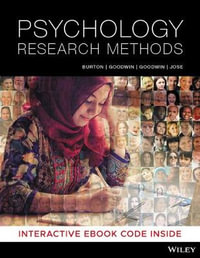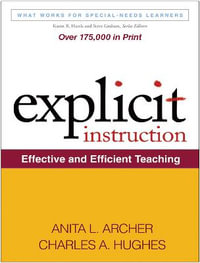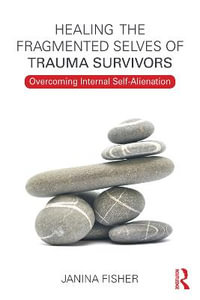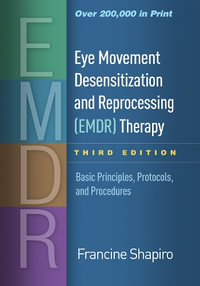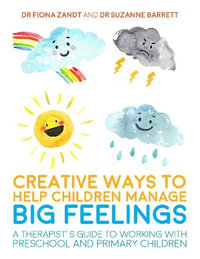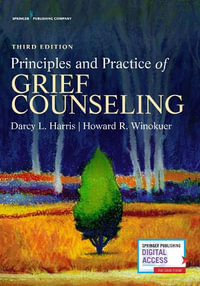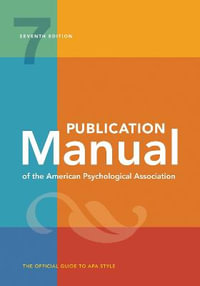Indigenous researchers are knowledge seekers who work to progress Indigenous ways of being, knowing and doing in a modern and constantly evolving context. This book describes a research paradigm shared by Indigenous scholars in Canada and Australia, and demonstrates how this paradigm can be put into practice. Relationships don’t just shape Indigenous reality, they are our reality. Indigenous researchers develop relationships with ideas in order to achieve enlightenment in the ceremony that is Indigenous research. Indigenous research is the ceremony of maintaining accountability to these relationships. For researchers to be accountable to all our relations, we must make careful choices in our selection of topics, methods of data collection, forms of analysis and finally in the way we present information. I’m an Opaskwayak Cree from northern Manitoba currently living in the Northern Rivers area of New South Wales, Australia. I’m also a father of three boys, a researcher, son, uncle, teacher, world traveller, knowledge keeper and knowledge seeker. As an educated Indian, I’ve spent much of my life straddling the Indigenous and academic worlds. Most of my time these days is spent teaching other Indigenous knowledge seekers (and my kids) how to accomplish this balancing act while still keeping both feet on the ground.
Industry Reviews
Review In The Canadian Journal for the Study of Adult Education Wilson's work, Research Is Ceremony, juxtaposes indigenous thought processes alongside those of the dominant culture. The result is a thesis and story that tells of Wilson's attempt to share an account of developing indigenous research methods in an academic voice that has personal insight. Two voices are used, that of the dominant-culture-thinking academic, and the more casual voice of the indigenous man attempting to explain his difficulties when it comes to shifting his thinking to fit with the expectations of the dominant culture. Despite these challenges and shifts, Wilson manages to develop the grounds of an indigenous research method that takes indigenous ideologies and applies the dominant culture's research method how it best fits. The two voices are differentiated in the text through different fonts, and this serves as a means to allow the reader to know Wilson intends to present thinking more in line with the ways of the dominant culture or with the indigenous. He uses the two voices as a tool to allow the reader to straddle the two worlds he is caught between. This is explained in the Foreword and Conclusion-a single section at the front of thee work that thrusts the reader directly into the cyclic world of indigenous thought and allows the reader to get a feel for the story to come. Understanding relationships is at the heart of comprehending Wilson's process and work. The entire text is a story that builds relationships with the augidence, with researchers, with relatives, and with the greater world. An understanding relationship with Wilson is needed to know his work, and readers need to understand his questions before they can begin to have a relationship with the answers. This holistic approach to research fits with the indigenous worldview, but may be off-putting to scholars in the dominant culture. Research is Ceremony might be of most use as a guide for those unaccustomed to indigenous culture. The work serves as a stark reminder that many indigenous scholars have to develop bicultural competencies. Wilson's work highlights these challenges, and he shares his own personal challenges when he writes, "I guess that in switching back and forth between worlds (Indigenous and dominant) I sometimes forget where I am" (pg.62). It is important to all educators to be aware of this sense of academic thought tied directly to personal identity, especially as it works within indigenous scholars. Indigenous scholars will be able to empathize with Wilson's processes and personal revelations. Scholars from the dominant culture will be offered insight into the struggles indigenous scholars face when they attempt to balance between two worlds. Wilson's work has something to offer every reader whose work and research is qualitative and rooted in an indigenous culture. Research is Ceremony might reassuringly state the obvious or it might introduce a new parallel world of thought.- Erin Hollingsworth, University of British Columbia, May 2011 http://fernwoodpublishing.ca/book/review/review-in-the-canadian-journal-for-the-study-of-adult-education












